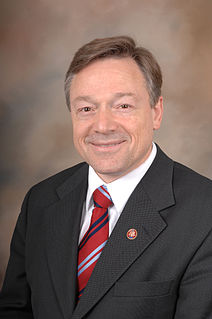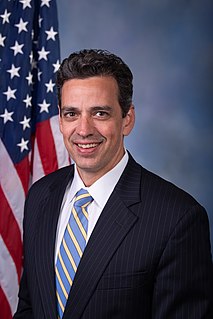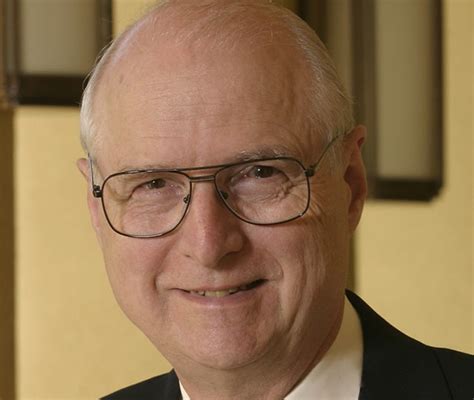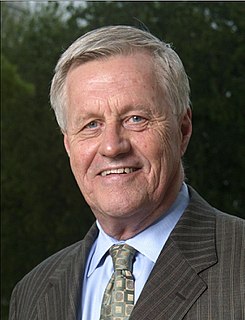A Quote by Steve Kagen
Disease does not recognize congressional districts or party affiliation.
Quote Topics
Related Quotes
When the Constitution was written in 1787, there was this supposition that American politics would be above party. The people who would staff the positions in government would have the interests of the country, or at least their states and congressional districts, at heart, and so they wouldn't form permanent political parties.
The thing that is different I think from the years ago, when I was covering the shutdown at the Clinton White House. Then, it was a different political landscape. At that point, a third of House Republicans in the 1995 shutdown were in congressional districts that had been won by Bill Clinton. 7 percent of House Republicans are in congressional districts that were won by Barack Obama shows you how much more partisan the whole country is. A lot of the bridges that used to be used to reach a deal when you needed to reach a compromise have been blown up in the past years.
You know, people get frustrated because their loved ones who have Alzheimer's, oh, he doesn't recognize me anymore, how can I recognize this person, if they don't recognize me? They're not the same person. Well, they are the same person, but they've got a brain disease. And it's not their fault they've got this disease.
The reapportionment of 2002 designed congressional districts that favored incumbents of both parties, leaving virtually no room for challengers to be elected. Of 435 members of the House of Representatives, only four incumbents lost to nonincumbents of the other party. In all, 96 percent of incumbents were re-elected. (It was only 90 percent in 1992 and 1982 after the previous reapportionments.)
One of the expedients of party to acquire influence, within particular districts, is to misrepresent the opinions and aims of other districts. You cannot shield yourselves too much against the jealousies and heart-burnings, which spring from these misrepresentations; they tend to render alien to each other those, who ought to be bound together by fraternal affection.
































